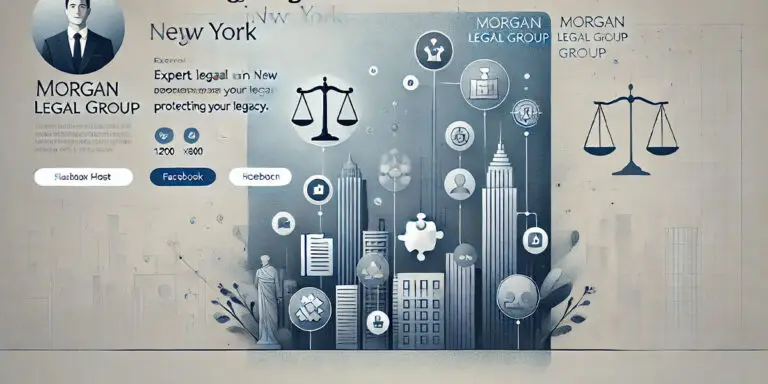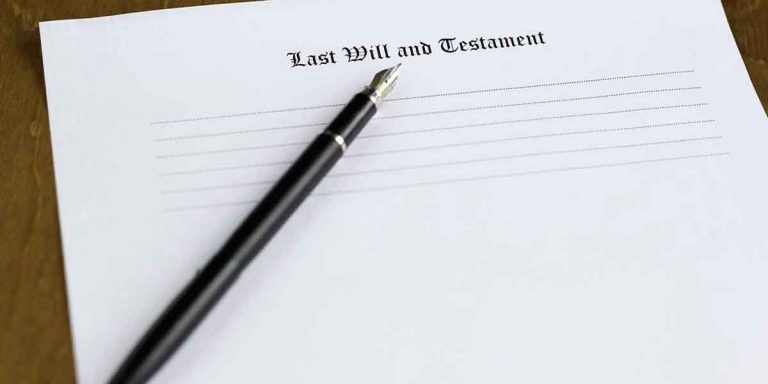
How does probate of an estate happen?
When a loved one passes away, their loss brings profound grief and, often, a complex legal journey known as probate. In New York, navigating the
Home » Probate Attorney

When a loved one passes away, their loss brings profound grief and, often, a complex legal journey known as probate. In New York, navigating the

Securing your future and safeguarding the legacy you wish to leave behind are among the most profound responsibilities you will undertake. Proactive planning is not

The passing of an individual in New York is inevitably accompanied by a period of profound grief and a complex array of legal and administrative

Dying without a valid Last Will and Testament, or ‘intestate,’ in New York City can unleash a cascade of unforeseen complications and significant challenges for

Navigating the legal landscape after a loved one’s passing in New York City can be daunting, particularly when faced with complex procedures like estate settlement.

Navigating the aftermath of a loved one’s passing can be an emotionally overwhelming experience, often compounded by the intricate legal requirements of settling an estate.

The loss of a loved one is invariably a time of profound grief, often compounded by the unwelcome specter of legal challenges when a will

In the dynamic legal landscape of New York, understanding and proactively navigating the probate process is a paramount concern for countless families. While often perceived

If you are searching for a “probate attorney near me 10027,” you are likely facing one of the most stressful times in your life. A

How to Actually Avoid NY Probate in 2025 As a New York estate planning attorney with over 30 years of experience, I have seen the